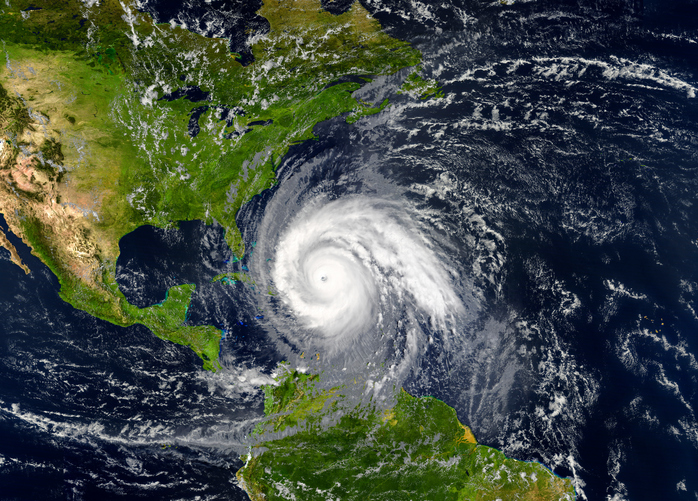Ernesto’s near-miss a prelude to a deluge of named storms

Hurricane’s Ernesto’s brush past Newfoundland Monday is only a prelude to a deluge of named storms to come.
Insurers can expect a cavalcade of hurricane threats in September — meteorologists are forecasting six to 10 named storms within the next month, Accuweather warns.
That would tie with or exceed the historical average of six through the same period of forecasting (Aug. 28 to Sept. 30).
“The statistical peak of the hurricane season is Sept. 10, and we expect the Atlantic basin to be incredibly active,” AccuWeather’s lead hurricane expert Alex DaSilva said in a release. “Less wind shear and less dry air will create conducive conditions for development in the Atlantic Ocean beginning at the end of August.”
Not to mention, water temperatures are near or at record highs across the Atlantic. Both factors contribute to stronger or more frequent storms.
Hurricane season officially concludes at the end of November, when activity tends to drop off. The season is strongest in August and September.
For reference, hurricane season in 2023 dissipated on Oct. 28 with hurricane Tammy, meaning that, with 20 named storms (the fourth-most active Atlantic hurricane season on record), the storm season almost made it all the way through the hurricane names list.
September’s hurricane season follows hot off the heels of Hurricane Ernesto, which blew past Atlantic Canada last week.
Following initial predictions that Ernesto could hit Canada’s Atlantic coast, the hurricane ended up swinging south and just brushing past Newfoundland, bringing with it 50 millimetres of rain and strong gusts. The Weather Network only warned of minor damage to docks or coastal structures.
Hurricane Debby preceded Ernesto, bringing with it between 100 mm and 211 mm of rain to Quebec, causing more than 70,000 claims and counting. That’s 10 to 17 times the normal claims average.
July’s Hurricane Beryl brought heavy rains to Ontario, and the remnants flooded Toronto in torrential rain, costing the industry $940 million in damages, made only in the span of a few short hours.
Feature image by iStock.com/MikeMareen







